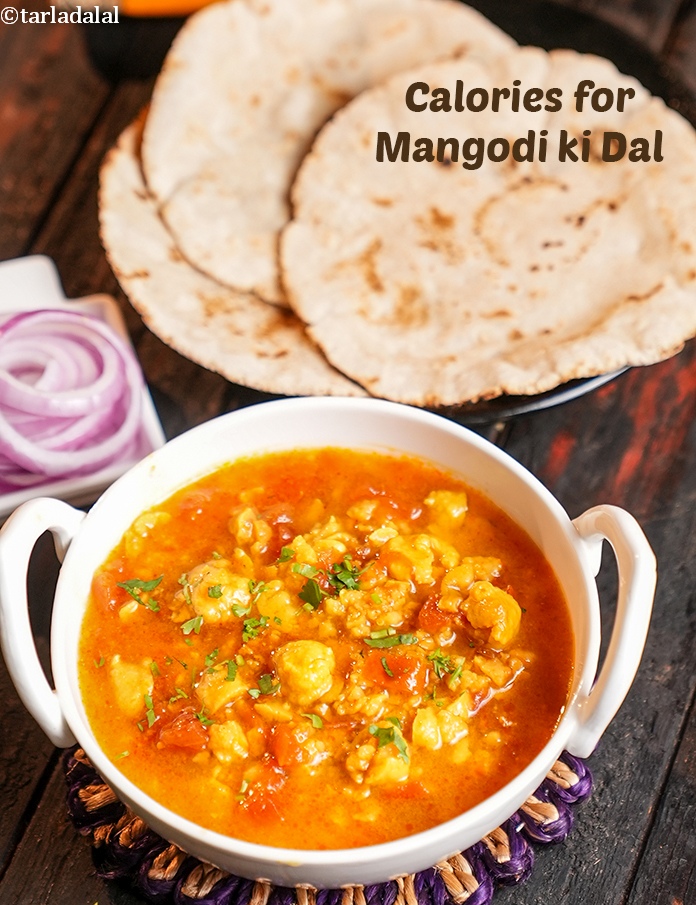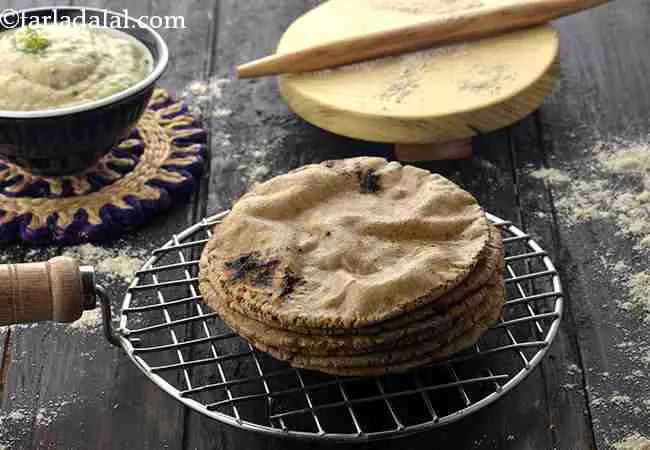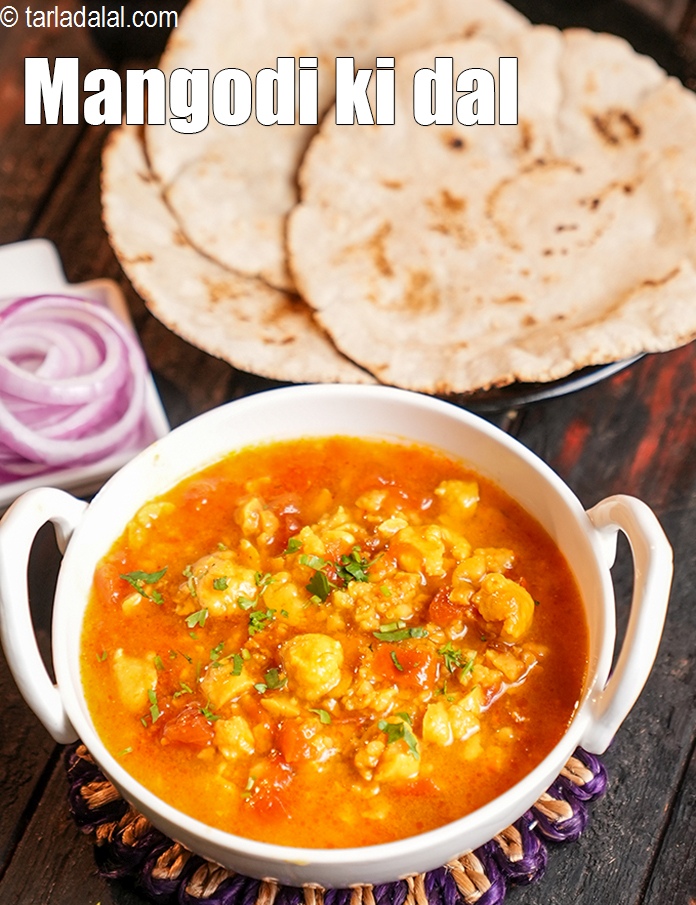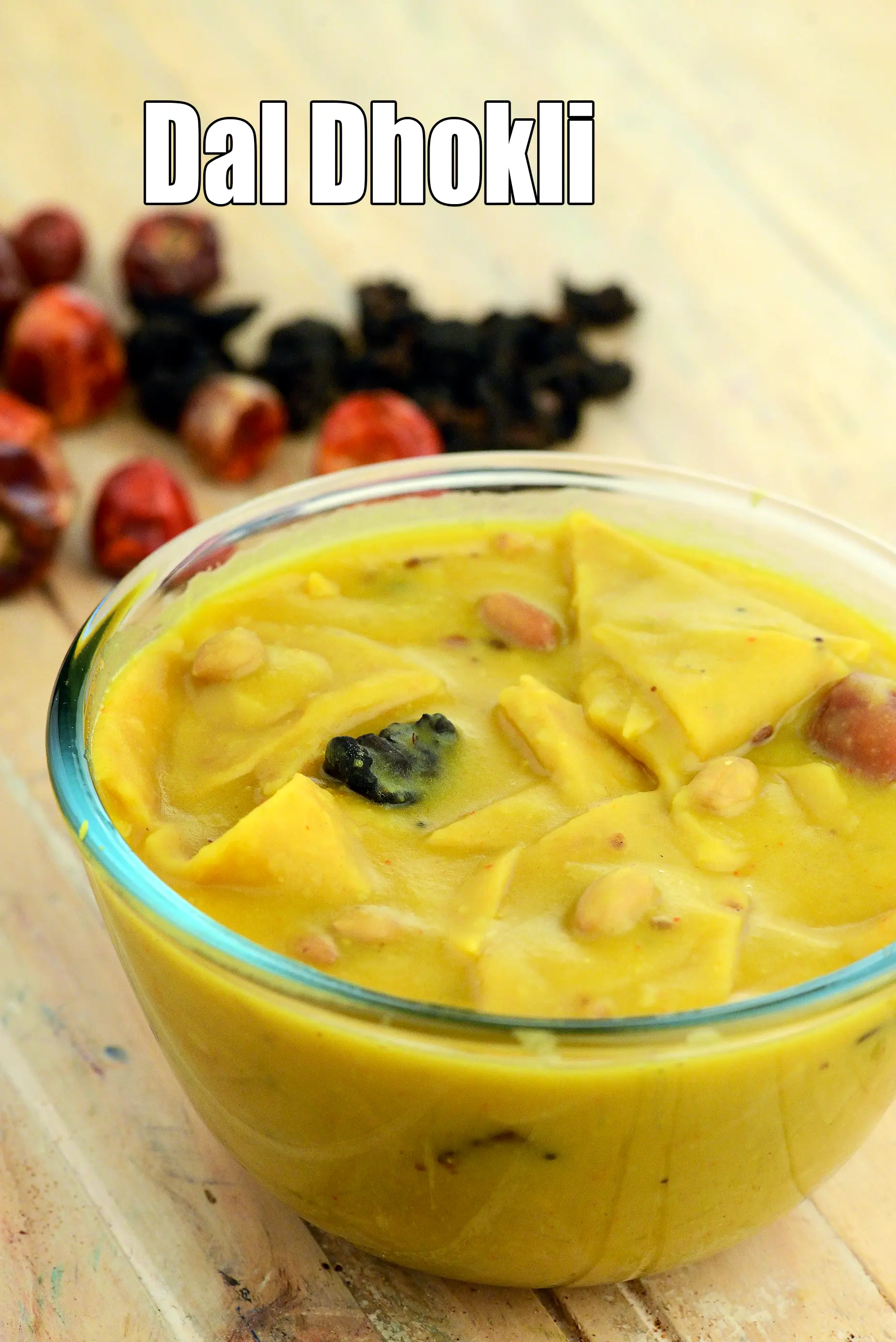Nutritional Facts of Mangodi ki Dal, Calories in Mangodi ki Dal
This calorie page has been viewed 12425 times

Table of Content
How many calories does one serving of Mangodi ki Dal have?
One serving (210 grams) of Mangodi ki Dal gives 85 calories. Out of which carbohydrates comprise 45 calories, proteins account for 18 calories and remaining calories come from fat which is 21 calories. One serving of Mangodi ki Dal provides about 4 percent of the total daily calorie requirement of a standard adult diet of 2,000 calories.
Mangodi ki Dal recipes serves 6, 210 grams per serving.
85 calories for 1 serving of Mangodi ki Dal, Cholesterol 0 mg, Carbohydrates 11.3g, Protein 4.4g, Fat 2.4g. Find how much fibre, iron, calcium, zinc, magnesium, phosphorus, sodium, potassium, folic acid is present in Mangodi ki Dal.
Click here to view Mangodi ki Dal recipe | Rajasthani mangodi ki dal | healthy mangodi dal with tomatoes | with 25 amazing images.
mangodi ki dal is a traditional Rajasthani dal. Learn to make healthy mangodi dal with tomatoes.
Since fresh vegetables are rare in the deeper desert regions of Rajasthan, it is common to cook dals like mangodi ki dal and subzis with dried and preserved vegetables or dal dumplings.
Combined with the right amount of spices, and typically cooked with ghee, these transform into mouth-watering fare, as in the case of the Mangodi ki Dal.
Here, moong dal mangodi combines with tomatoes, ginger-green chilli paste and some common spice powders, to give rise to an irresistible Rajasthani mangodi ki dal accompaniment for hot rice or rotis.
See our easy recipe for moong dal mangodi or you can buy it easily in stores or on amazon.
To complete a healthy Rajasthani meal, have mangodi ki dal with bajra or jowar roti.
Is Mangodi ki Dal healthy?
Yes, this is healthy. But restrictions apply to some.
Let's understand the Ingredients.
What's good.
1. Yellow Moong Dal : Mangodi is made from yellow moong dal. The fibre (4.1 g in ¼ cup) present in yellow moong dal prevents the deposition of bad cholesterol (LDL) in the arteries which promotes a healthy heart in turn. Packed with nutrients like zinc (1.4 mg), protein (12.2 mg) and iron (1.95 mg), yellow moong dal helps to maintain the elasticity of your skin and help to keep it moist. Fiber, potassium and magnesium from yellow moong dal will work together to regulate blood pressure and soothe the nerves and is diabetic friendly. See here for details of 7 amazing benefits of yellow moong dal.
Ghee : Other than calories and fats, the only nutrients that ghee is rich in are the vitamins – all of which are fat-soluble. All the 3 vitamins (Vitamin A, Vitamin E and Vitamin K) are antioxidants which have a role in removing free radicals from the body and protecting our cell as well as help in maintaining skin health and glow. Ghee is an excellent, high-quality selection medium of cooking because of its high smoke point. As compared to most oils and butter, ghee can handle a smoke point of 230°C, 450°F, thus its less prone to oxidant and destruction of nutrients. Yes, ghee does contain cholesterol, but some amount of cholesterol is needed by the body. Cholesterol has some functions to play too. It is necessary for hormone production, brain function, cell health and lubricating the joints. It is, in reality, a high quality fat for the body and brain. Ghee is loaded with fats but that’s medium chain fatty acids (MCT) which aid in weight loss. Ghee is healthy for daibetics in small amounts. Learn to easily make your ghee at home which is free of preservatives. See benefits of ghee.
Tomatoes ( Cherry tomatoes, Yellow tomatoes ) : Tomatoes are extremely rich source of Lycopene. Tomatoes are a powerful antioxidant, super rich in Vitamin C, good for heart. Tomatoes are a Pregnant women's friend and are rich in Folate or Folic Acid which helps your body to produce and maintain new cells, especially red blood cells. Read about 13 amazing benefits of tomatoes.
Can diabetics, heart patients and over weight individuals have Mangodi ki dal?
Yes, this recipe is good for diabetics, heart and weight loss.
The fibre (4.1 g in ¼ cup) present in yellow moong dal prevents the deposition of bad cholesterol (LDL) in the arteries which promotes a healthy heart in turn. Packed with nutrients like zinc (1.4 mg), protein (12.2 mg) and iron (1.95 mg), yellow moong dal helps to maintain the elasticity of your skin and help to keep it moist.
Can healthy individuals have Mangodi ki dal?
Yes.
What to have with Mangodi ki Dal ?
Always confusing what to pair with a healthy dal. Rice or not. Our call is to look for healthy options. If you are having rice, we say take a very small amount of rice and loads of dal. Rice is high in carbs so watch it.
We highly recommend having a bajra roti, jowar roti and whole wheat roti to make a healthy combination. Note that when you combine any dal with any cereal ( bajra, jowar, ragi, whole wheat ) then the protein quality is enhanced.
Mangodi ki Dal is rich in below macronutrients, vitamins and minerals given in descending order (highest to lowest).
- Vitamin C : Vitamin C is a great defence against coughs and colds. Have citrus fruits, lemons, vegetables ( capsicum, broccoli, cabbage). 21% of RDA.
- Folic Acid (Vitamin B9): Folic acid is an essential vitamin required throughout pregnancy. Folic acid rich Indian foods (kabuli chana, chana dal, yellow moong dal, urad dal, tooval dal, til ) 16% of RDA.
- Vitamin B1 (Thiamine) : Vitamin B1 protects nerves, helps in carbohydrate metabolism, prevents heart diseases and helps produce red blood cells. 10% of RDA.
- Vitamin B2 (riboflavin) : Vitamin B2 enables the production of red blood cells that contribute to the rise in your energy levels. So have more milk, curds, eggs and green leafy vegetables. 9% of RDA.
- Protein : Protein is required for the managing the wear and tear of all cells of the body. Have protein rich Indian foods like paneer, curd, Greek yoghurt, tofu, almonds, sprouts, chana, rajma, chick peas, quinoa, buckwheat ). 8% of RDA.
How to burn 27 calories that come from one serving of Mangodi ki Dal?
| Walking (6 kmph) = | 8 | mins |
| Running (11 kmph) = | 3 | mins |
| Cycling (30 kmph) = | 4 | mins |
| Swimming (2 kmph) = | 5 | mins |
Note: These values are approximate and calorie burning differs in each individual.
| Energy | 85 cal |
| Protein | 4.4 g |
| Carbohydrates | 11.3 g |
| Fiber | 1.9 g |
| Fat | 2.4 g |
| Cholesterol | 0 mg |
| Vitamin A | 118.9 mcg |
| Vitamin B1 | 0.1 mg |
| Vitamin B2 | 0.1 mg |
| Vitamin B3 | 0.5 mg |
| Vitamin C | 8.3 mg |
| Folic Acid | 31.4 mcg |
| Calcium | 27.3 mg |
| Iron | 0.8 mg |
| Magnesium | 22 mg |
| Phosphorus | 6.3 mg |
| Sodium | 8 mg |
| Potassium | 238.6 mg |
| Zinc | 0.5 mg |
Click here to view Mangodi ki Dal
Calories in other related recipes














